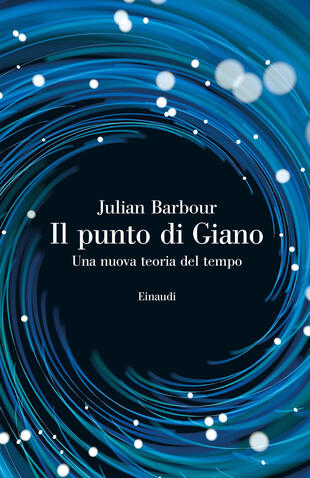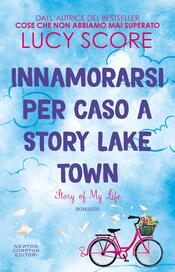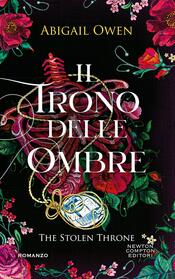

Sinossi
Il tempo è forse il più grande mistero della fisica. Sebbene le leggi fondamentali della fisica non distinguano tra passato e futuro, noi lo facciamo. E così, per oltre un secolo, tutte le più grandi menti hanno cercato di capire perché il tempo sembra scorrere in una sola direzione, sempre in avanti. Con Il punto di Giano, Julian Barbour, autore del classico La fine del tempo, dimostra che le cose non stanno così. Se il mondo della fisica è convinto che la seconda legge della termodinamica, e l'aumento del disordine che descrive, imponga un flusso del tempo irreversibile e unidirezionale, Barbour dimostra invece che il nostro universo non si sta dirigendo verso il disordine, ma ne è emerso. Al centro della sua argomentazione vi è una nuova visione del Big Bang che il celebre fisico chiama «Il punto di Giano», in cui il tempo scorre da un passato comune verso due futuri che se ne allontanano in direzioni opposte, spinti dall'espansione dell'universo e dal crescere dell'ordine nelle galassie, nei pianeti e nella vita stessa. Opera di grande rilievo e ambizione, Il punto di Giano non costituisce solo una nuova teoria del tempo, ma rappresenta un messaggio pieno di speranza sul destino dell'universo. Mentre la maggior parte dei fisici è concorde sul fatto che l'universo sia destinato a impantanarsi nel disordine, per Julian Barbour è possibile che l'ordine - la sostanza della vita - cresca senza limiti.
- ISBN: 8806237489
- Casa Editrice: Einaudi
- Pagine: 408
- Data di uscita: 08-11-2022
Recensioni
In a universe filled by chaos and disorder, one physicist makes the radical argument that the growth of order drives the passage of time -- and shapes the destiny of the universe. Time is among the universe's greatest mysteries. Why, when most laws of physics allow for it to flow forward and backwar Leggi tutto
Dnf at 65% Thanks to NetGalley for an earc of this. I ended up listening to the audiobook. In short, the book is overly esoteric. It's honestly hard to imagine this is actually intended for the lay reader. The basic idea is fascinating: the big bang as imagine it, actually occurred in both directions Leggi tutto
I think I get it!
I should make it clear that I rate books according to how much I enjoy reading them, not how well I understand them. The challenge of trying to think using new frames and concepts was enjoyable, as was laughing out loud at times because of how far away I was from understanding what the author was tal Leggi tutto
The Janus Point is a provocative, new take on the origins of time and the fate of the universe. Today, most physics believe that the universe as we know it began with the Big Bang, but there may be a different possibility - that the Big Bang wasn't the beginning of time, but merely a very special po Leggi tutto
Intriguing Theoretical Astrophysics. If it wasn't clear from the description of this book, this book is *all about* theoretical astrophysics and the author's new theory of the origins and nature of time. If words like Newtonian and General Relativity and Leibniz and thermodynamics are part of your e Leggi tutto
One of the worst books on physics that I have ever read and I have read a lot of them. Regardless the complexity of the matter (R. Penrose "Emperor's Mind type of complexity), the Author should have avoided so many auto cross references in his own book, that made the reading insufferable. It's simpl Leggi tutto
Citazioni
Al momento non ci sono citazioni, inserisci tu la prima!























